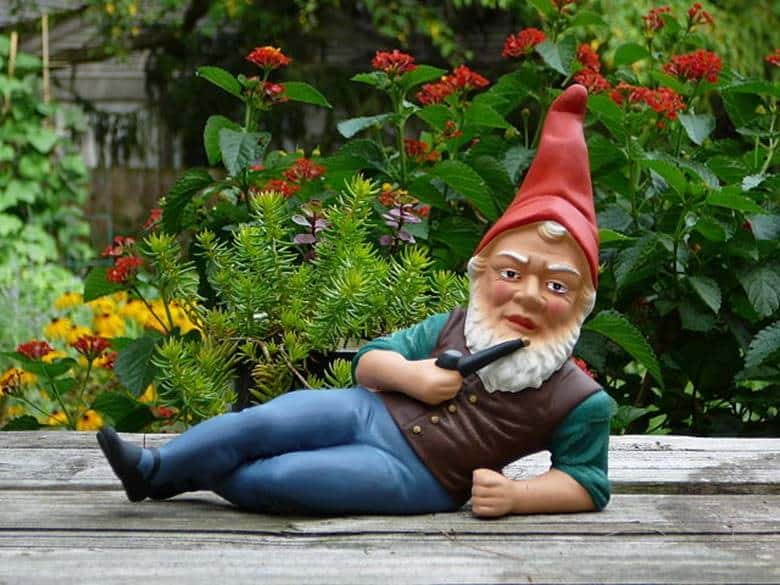We have written before about “patent trolls,” who are more politely called “patent assertion entities” (PAEs) or “non-practicing entities” (NPEs).
A troll/PAE/NPE is an entity that owns patents but doesn’t actually make items covered by the patents. Instead, it licenses the patents to others and sues to enforce its rights.
PAEs can be problematic because they sometimes sue to enforce weak patents that wouldn’t stand up to a court challenge, counting on defendants to settle relatively cheaply rather than potentially spend millions on patent litigation.
For example, in 2014, we blogged about MPHJ Technology Investments, a company that the Electronic Frontier Foundation (EFF) called a “poster child” for patent abuse.
In 2012, MPHJ sent letters to more than 16,000 small US businesses, demanding $1,000 to $1,200 per employee for them to license its scanner technology.
MPHJ claimed that anyone merely using a scanner violated its patent rights.
Due to abuses by companies like MPHJ, several states passed anti-patent-troll laws, calling bad-faith assertion of patent rights an unfair business practice.
The profile of patent trolls has receded since this 2013 New York Times article. A leading cause of this decline was the 2014 Supreme Court case of Alice Corp. vs. CLS Bank International, which made it harder for plaintiffs to prevail in cases involving software patents.
However, patent trolls haven’t gone away.
In 2019, Rothschild Patent Imaging, a PAE, brought suit against the GNOME Foundation, which (according to its website) is helping to create a free software computing platform for the general public that is designed to be “elegant, efficient, and easy to use.”
The GNOME Project is an example of “open source” software. Open-source software has source code that anyone can inspect, modify, and enhance.
Rothschild claimed that GNOME’s “Shotwell” desktop image organizer and editor infringed its patent for “Wireless Imaging Distribution System and Method.”
While many defendants in suits by PAEs settle, GNOME decided to fight. Working with a major patent litigation firm that provided its services pro bono, GNOME was able to discover prior art that called into question the patent’s validity.
In May, GNOME obtained a free license to all relevant Rothschild patents – scoring a win for its open-source community.
Just like the haiku above, we like to keep our posts short and sweet. Hopefully, you found this bite-sized information helpful. If you would like more information, please do not hesitate to contact us here.


